
While 65% of patients indicated that they no longer have epilepsy, only a quarter of the study population were actually completely free of seizures postoperatively.

While 65% of patients indicated that they no longer have epilepsy, only a quarter of the study population were actually completely free of seizures postoperatively.
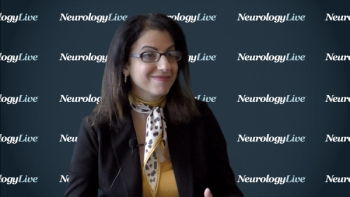
The professor of neurology at Cleveland Clinic’s epilepsy center spoke about the limitations of individual physicians in making clinical decisions, and how utilizing algorithm data can help improve epilepsy interventions.

Overall, myoclonic and absence seizures worsened in 1.2% and 15.9% more patients in the placebo group, respectively, than those given perampanel. The reductions in seizure frequency and the increases in seizure-free days were also greater with the noncompetitive AMPA receptor antagonist.

An assessment of 230 poststroke patients determined that neurorehabilitation outcomes and length of stay did not differ between those with poststroke epileptic seizures and those without.

Over 57% of patients who received intranasal midazolam were responders, with status epilepticus ceasing within an average of 5:05 minutes.

Preliminary results from the 4 mg maintenance period of the FREEDOM study, the first in which perampanel has been examined as monotherapy, were presented at the 2019 International Epilepsy Congress in Bangkok.

In a retrospective study, 51.7% of patients achieved seizure freedom while receiving lacosamide, with seizure freedom rates going as high 88.9% for those who were administered the drug as monotherapy.
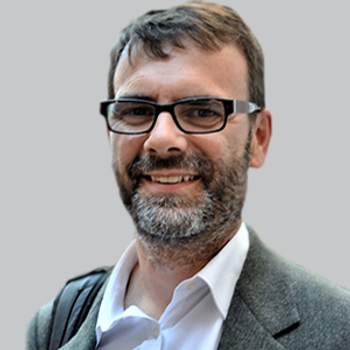
Findings from SANAD II have suggested that levetiracetam is inferior to valproate in time to 12-month and 24-month remission in patients with generalized or unclassified epilepsy.
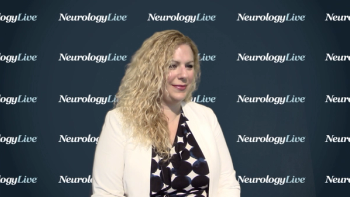
The director of behavioral medicine at the Mellen Center for MS Treatment and Research at Cleveland Clinic discussed the importance of screening patients with MS for other conditions for which they are prevalently comorbid, such as depression or sleep disorders.
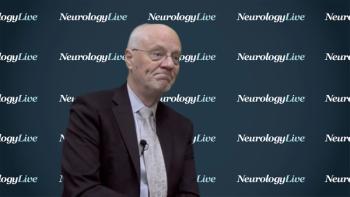
The professor of neurology at both the University of California San Francisco and King’s College, London, spoke about the results from a phase 2b/3 study evaluating atogepant for prevention of migraine.
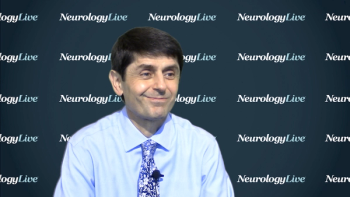
The director of rehabilitation services at Cleveland Clinic Mellen Center for MS spoke about the impact that participation in the arts can have for individuals with multiple sclerosis in dealing with symptoms of their disease.
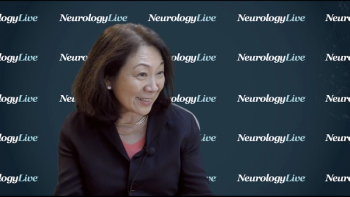
The director of the center for circadian and sleep medicine at Northwestern University spoke about the importance of recognizing insomnia as a clinical diagnosis since it affects patients 24-hours a day, not just during sleep.
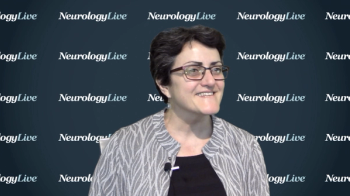
The director of MS neuropsychiatry at Brigham and Women’s Hospital spoke of the importance of not oversimplifying the approach to mental health disorders in individuals with MS, and how the collaborative care model can help.­­­
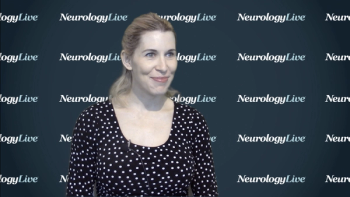
Many patients with neurologic conditions such as multiple sclerosis are faced with gait and stability issues due to their disease, but Splichal and Naboso Technology seek to address these issues via mechanoreceptor stimulation.

All told, every patient with RLS in the study had SIBO present, in comparison to general population rates which range from roughly 6% to greater than 15%.
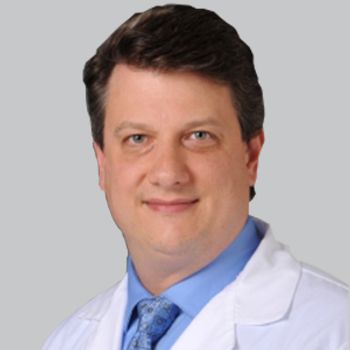
Use of prescription antidepressants and hypnotics was significantly reduced in patients who underwent digital cognitive behavioral therapy for insomnia.
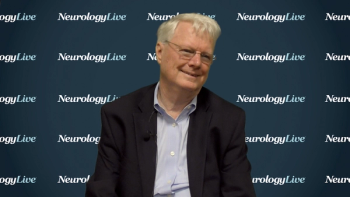
The director of the Sleep-Wake Disorders Center at Montefiore Medical Center spoke about the challenges in diagnosing narcolepsy, which often adds to the delay of diagnosis.

Investigators noted that, when considered with efficacy findings in narcolepsy, pitolisant has a favorable risk-benefit profile representative of advancement in the treatment of excessive daytime sleepiness and cataplexy in adult patients.
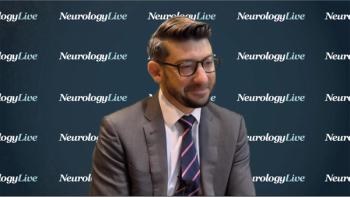
The autonomic disorders and sleep medicine specialist at Stanford University spoke about the overlap of autonomic disorders in sleep medicine, an often underrepresented portion of the sleep medicine field.

The findings suggest that the benefits of CPAP adherence may translate beyond improving obstructive sleep apnea in older adults with mild cognitive impairment.
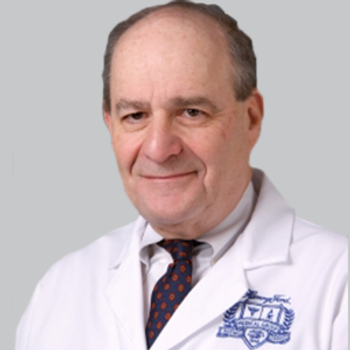
The investigational dual-orexin antagonist from Eisai was significantly better at reducing Insomnia Severity Index-measured symptom severity in more than 1000 adults with insomnia in 2 phase 3 studies.

The efficacy of CBT using the American Academy of Sleep Medicine (AASM) SleepTM platform has been shown to be similarly efficacious to face-to-face physician encounters in 30 adults with chronic insomnia.
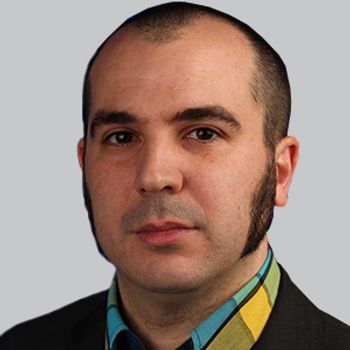
A significant risk for cognitive impairment was observed in adults with short sleep duration and cardiometabolic risk factors, such as hypertension or diabetes.

The director of Behavioral Medicine at the Mellen Center for MS Treatment and Research at the Cleveland Clinic spoke about the importance of caring for patients with MS by using a team-based approach.
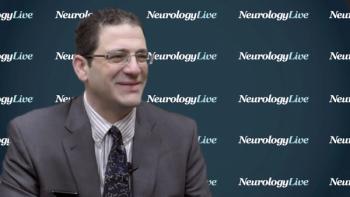
The program director of neurology at Zucker School of Medicine, Northwell Health, reviewed the contributions of neurologist S. Weir Mitchell, MD, and how today’s neurologists can gain insights for their own practice from Mitchell’s complicated history.
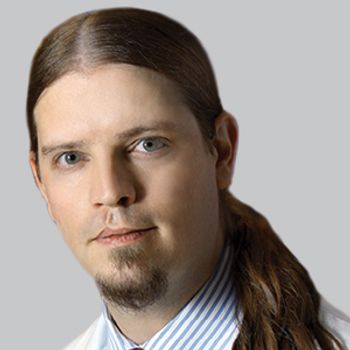
The assistant clinical investigator, Neuro Vascular Brain Imaging Unit, NINDS, further elaborated on the findings of a retrospective analysis that reported that approximately half of stroke patients who present outside of thrombolysis treatment time windows without large vessel occlusion may benefit from reperfusion therapy.
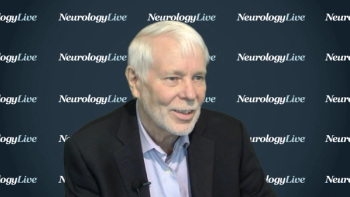
The chairman of the Department of Neuroscience at the Lerner Research Institute spoke about what the implications of the new subtype of MS could be in the understanding of the disease.
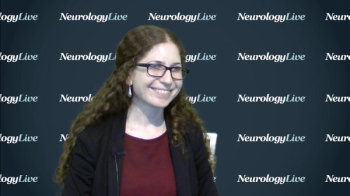
The MS neurologist at Cleveland Clinic’s Lou Ruvo Center for Brain Health discussed how leveraging real-world datasets can help reduce indication bias when comparing treatments for multiple sclerosis.

Patients with favorable prognostic profiles or relapsing-remitting MS are the least likely to initiate high-efficacy disease-modifying therapies recommended by their physician, with many patients citing access challenges.
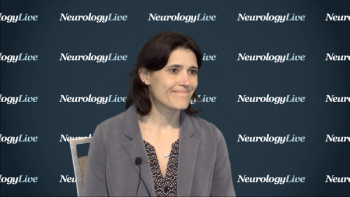
Despite high rates of depression in MS, picking up on signs that an individual may be at risk for suicide can be difficult. The staff neurologist at Cleveland Clinic’s Mellen Center discussed some of the red flags.